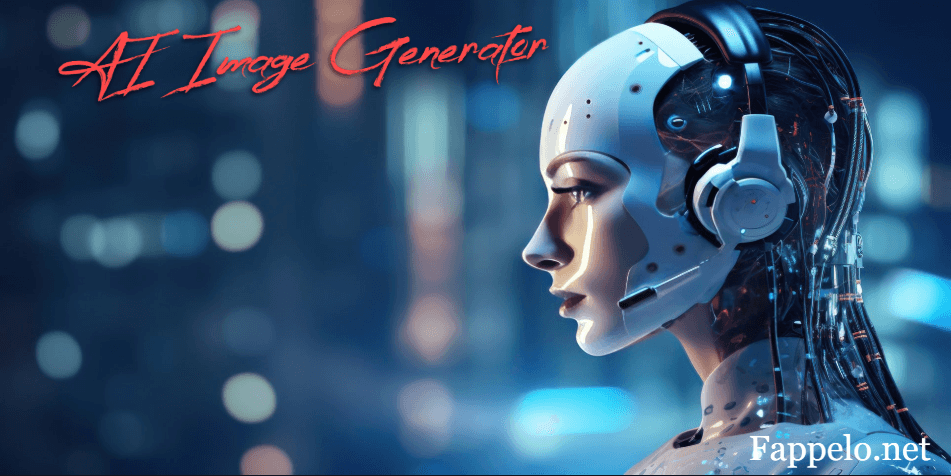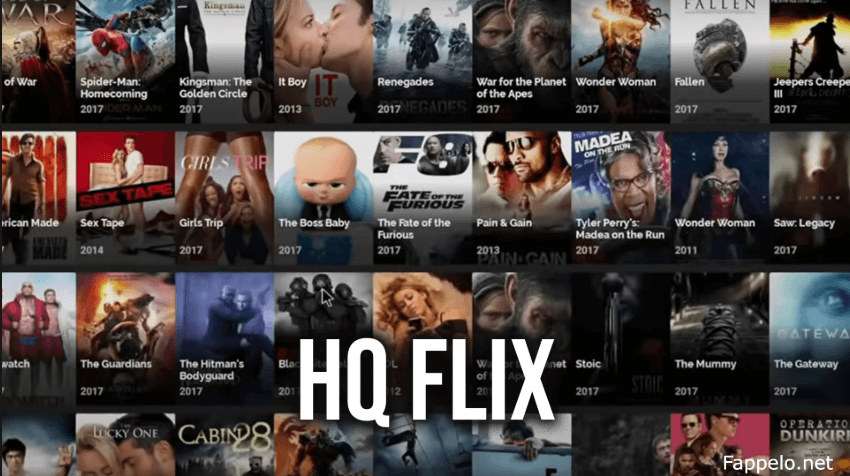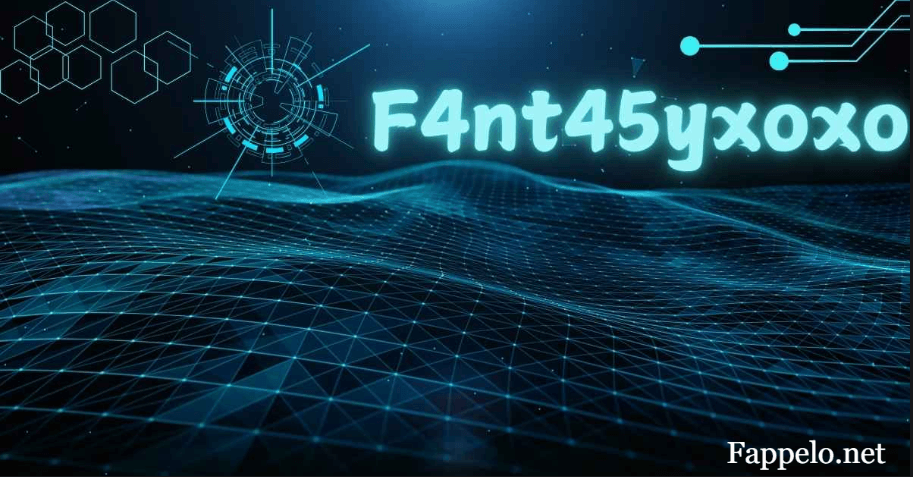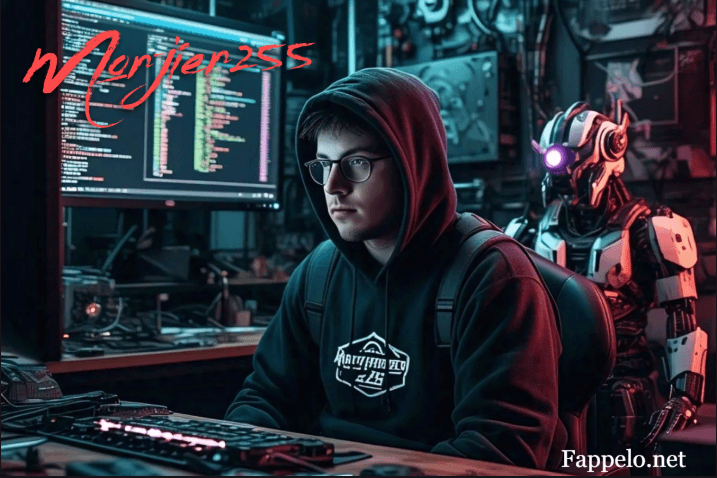Introduction
Artificial intelligence (AI) is revolutionizing the way we create digital content, and one of the most significant advancements is AI image generation.
These tools can transform text prompts into visually stunning images, making them invaluable for artists, designers, and content creators. But as AI image generators evolve, so does the debate surrounding censorship.
Uncensored AI image generators provide unrestricted creativity, allowing users to generate any image they desire.
However, they also bring ethical concerns, including the potential for misinformation, deepfakes, and inappropriate content.
So, how do these tools work, and what does the future hold for them? Let’s explore everything you need to know.
How AI Image Generators Work?
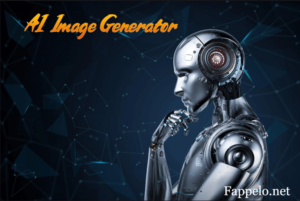
The Technology Behind AI Image Generation
AI image generators rely on deep learning models, particularly generative adversarial networks (GANs) and diffusion models. These systems analyze vast datasets to understand patterns and styles, enabling them to generate unique images based on user prompts.
Role of Machine Learning and Neural Networks
Machine learning models train on millions of images to learn styles, structures, and artistic techniques. This allows AI to generate highly detailed and realistic images.
Differences Between Censored and Uncensored AI Models
Censored AI models restrict certain content types, often following ethical guidelines set by developers. Uncensored models, however, remove these restrictions, allowing users full creative control—sometimes at the cost of potential misuse.
Benefits of Uncensored AI Image Generators
Unlimited Creativity and Artistic Freedom
Artists and designers can push creative boundaries without limitations. Whether creating surreal artwork or hyper-realistic portraits, uncensored AI enables unparalleled freedom.
Enhanced Customization and Control
Uncensored AI offers greater customization, allowing users to fine-tune details and create highly specific images that may be restricted in censored platforms.
Potential for Revolutionary Digital Art
With no content limitations, AI can generate groundbreaking art that challenges norms and explores new artistic possibilities.
Risks and Challenges
Misinformation and Deepfake Issues
One of the biggest concerns is the spread of deepfakes and misleading content, which can have serious real-world implications.
Ethical and Legal Implications
The unrestricted nature of these tools raises questions about misuse, including the creation of harmful or illegal content.
How AI Regulations Impact Image Generators
Governments and tech companies are beginning to enforce AI regulations to address concerns, but balancing innovation and responsibility remains a challenge.
Popular AI Image Generators
Top Censored AI Image Generators
- DALL·E 3 (by OpenAI)
- Adobe Firefly
- Deep Dream Generator
The Most Popular Uncensored AI Image Generators
- Stable Diffusion (with modifications)
- Midjourney (with relaxed content policies)
- NovelAI (focuses on anime-style generation)
Open-Source vs. Proprietary AI Image Tools
Open-source AI models provide more flexibility but require technical knowledge, while proprietary tools offer convenience at the cost of control.
Legal and Ethical Considerations
AI Copyright Laws and Intellectual Property
Who owns an AI-generated image? Current copyright laws are still evolving, but many jurisdictions do not recognize AI-generated works as legally protectable.
Addressing Ethical Use Cases
To prevent misuse, ethical guidelines should be followed, ensuring AI is used responsibly.
How Governments and Tech Giants Are Reacting
Many governments are enacting regulations to manage AI-generated content, while tech companies integrate safeguards into their platforms.
The Future of Uncensored AI Image Generators
AI Evolution and Future Trends
AI is advancing rapidly, with improved realism, interactivity, and efficiency.
Striking a Balance Between Freedom and Responsibility
Future developments must balance unrestricted creativity with ethical considerations to ensure AI benefits society.
How Users Can Make the Most of AI Without Ethical Issues
Using AI responsibly, respecting copyright laws, and following ethical guidelines can maximize the benefits of AI-generated imagery.
Conclusion
Uncensored AI image generators are reshaping digital creativity by offering unparalleled artistic freedom. However, they also introduce ethical and legal challenges that need careful consideration. While AI’s potential is limitless, users must use these tools responsibly to ensure a positive and safe creative environment.
FAQs
1. What is an uncensored AI image generator?
An AI tool that allows unrestricted image creation without content moderation.
2. How is it different from a censored AI image generator?
Censored AI follows content guidelines, while uncensored AI removes restrictions, allowing full creative control.
3. Are there legal risks in using AI-generated images?
Yes, including copyright disputes, deepfake concerns, and misuse of explicit content.
4. Can AI image generators be used for professional work?
Absolutely! Many artists, designers, and marketers use AI-generated images for commercial projects.
5. What are the best AI image generators available today?
Top AI tools include Stable Diffusion, Midjourney, and DALL·E 3, each offering unique capabilities.
